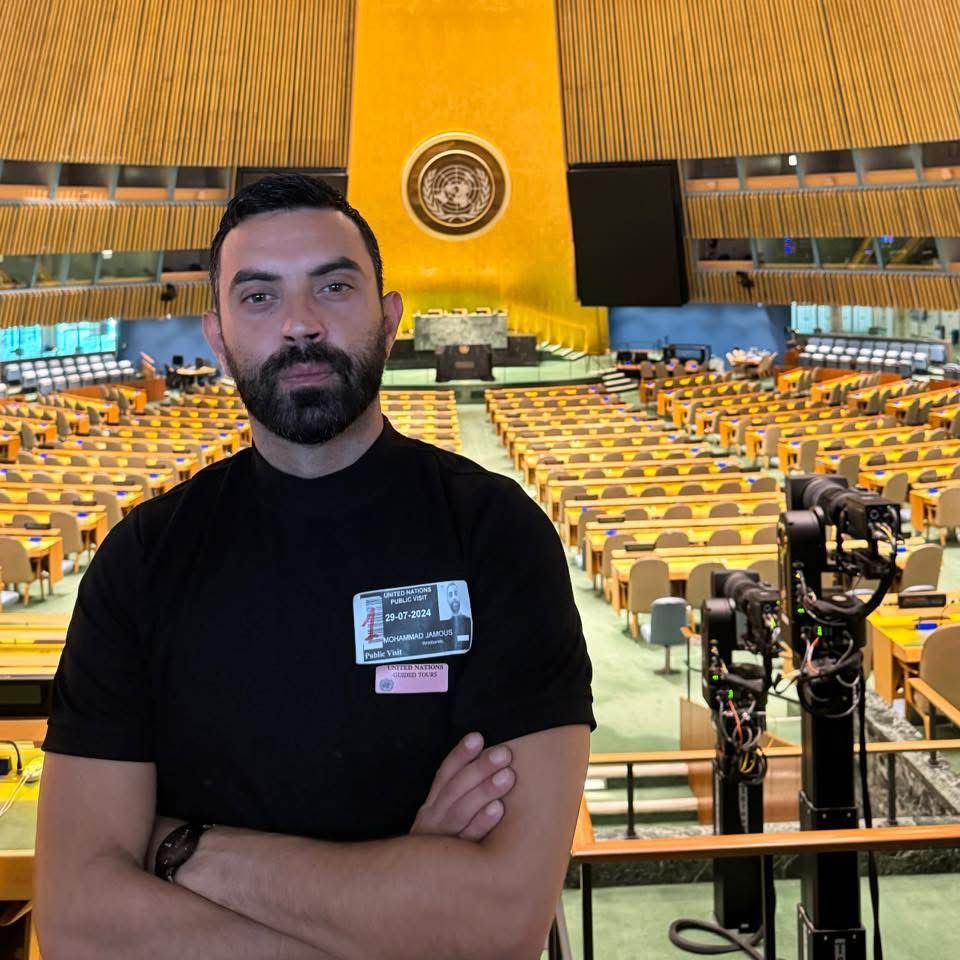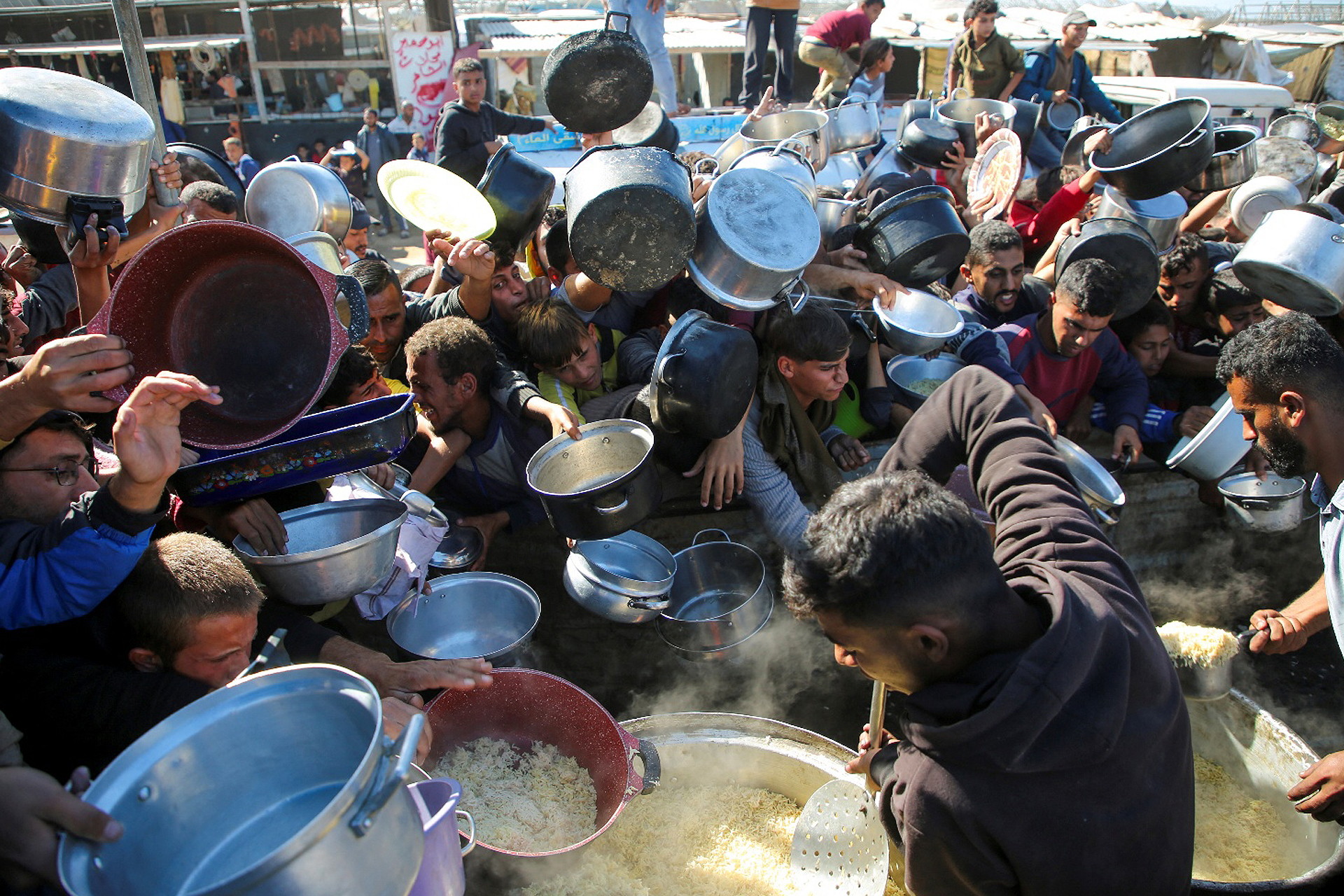Stories Matter
We understand the world through stories. They're how we make sense of ourselves and others. But today, most of those stories come through curated feeds—reels, podcasts, news clips, tweets—recycled in echo chambers that reinforce what we already believe.
This is how the entrenched “pro-Israel” and “pro-Palestine” narratives have been sustained for decades. These aren’t stories told by those living through war, occupation, or authoritarianism. They’re told about them—by pundits, politicians, and influencers far removed from the consequences. The result? Audiences in the West, even well-meaning ones, end up defending oppressive regimes under the guise of liberation or loyalty.
That cognitive dissonance—clinging to narratives that ignore real voices on the ground—prevents true empathy and any path to reconciliation.
It’s time to listen differently.
***
Narratives on Repeat
We gravitate toward serialized storytelling: familiar arcs with heroes, villains, and saviors. Gabriel London, in “Hanging by a Thread,” describes how serialized narratives have shaped modern politics—offering simple scripts where the cast changes, but the roles stay the same.
This comfort in repetition is seductive, but dangerous. It’s what keeps movements locked in slogans instead of solutions. It’s what allowed Fox News to radicalize its audience through a never-ending loop of good guys vs. bad guys. And it's what’s happening now in the Israel and Palestine discourse.
In both camps, the storyline has become more important than the truth. Palestinians living under Hamas’ rule are ignored if they criticize Hamas. Israelis protesting Netanyahu’s extremism are sidelined in favor of hawkish talking points. The narrative doesn’t leave space for nuance—just sides.
***
Voices from the Ground
If you ask actual Palestinians, many want freedom not just from Israeli occupation, but from Hamas’ authoritarian rule. If you ask Iranians, they’ll tell you the Islamic regime is a colonizing force, not a revolutionary protector. And most Israelis? They’re protesting their government, not endorsing its escalation.
Yet these voices rarely make it into Western narratives. Instead, the “pro-Palestine” story casts Hamas as liberators. The “pro-Israel” story clings to Netanyahu as a lone defender of Jewish survival. Western activists and diaspora allies too often become storytellers for regimes they don’t live under.
This is not solidarity. It’s disempowerment.
We need to realign the microphone.
***
Radical Listening and Radical Empathy
Listening is a radical act when it means letting go of what we want to believe. To empathize radically is to feel the grief of someone else’s loss as if it were our own.
A while ago, I returned to my hometown after years away. The smell of the air, the roads, the old shops—each one unlocked something inside me. It made me think: what if all of this were gone? What if everything I used to know was just rubble?
This is not hypothetical for my friend Ahmed Fouad Alkhatib. He’s lost both childhood homes in Gaza. His family has lost 35 relatives. His brother recently dug through the remains, trying to find photos—any remnants of their life before the war.
It’s not abstract for my Israeli friend Yotam either. His childhood neighborhood, once a place of peace and memories, was destroyed in Iranian strikes.
These aren’t just "losses"—they’re identity-shattering devastations. And yet both men, like many others, still speak of peace.
***
Centering the Right Voices
The narratives must shift. “Pro-Palestine” should not mean ignoring Palestinians who reject Hamas. “Pro-Israel” cannot mean denying Israelis the right to protest their government.
Instead, let’s listen to Gazans who oppose Hamas, to Israelis who stand against occupation, to Iranians fighting for freedom. Let’s amplify those who live the consequences—not those who shape the hashtags.
Both “sides” have proven willing to sacrifice innocent lives for their narrative. That should outrage us. That should end the conversation.
***
A Shared Future Starts with Shared Stories
At Realign For Palestine, we’re building a platform for authentic, diverse voices to tell their truth—voices that almost always call for peace, coexistence, and safety for all.
Liberation will not come from retweets or righteous outrage. It will come when Israelis and Palestinians are empowered to lead their own narratives, free from manipulation—whether by Western diasporas or foreign regimes.
If you truly believe in peace, realign how you listen. Let go of prepackaged truths. Choose radical empathy. Choose human stories over political scripts.
The future depends on it.
The opinions expressed in Realign For Palestine publications are those of the individual authors and do not necessarily represent the views of Realign for Palestine, the Atlantic Council, their staffs, or their supporters.






.JPG)



